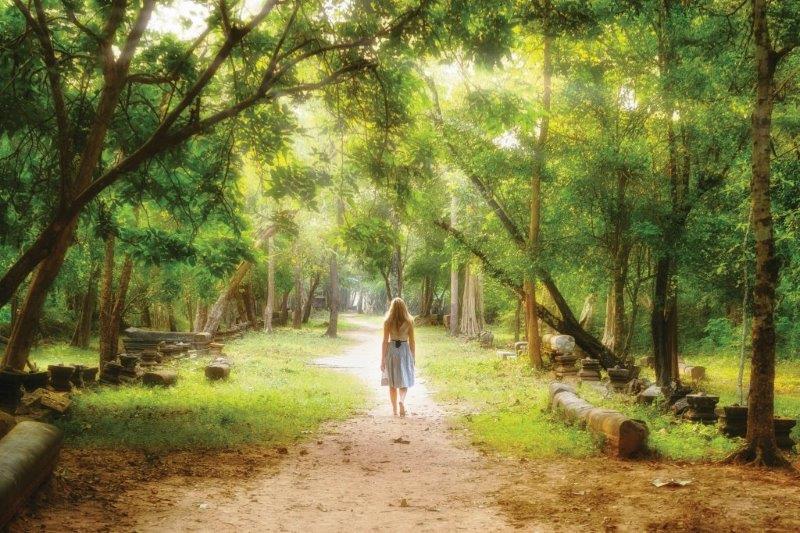A lot of people struggle with turning 40. Perhaps the thought of walking over the hill and into the unknown is a little daunting for some. In a society where aging is seen as something to be feared, rather than valued, you can’t blame people for feeling this way.
I must say, however, that when I turned 40 a few years ago, I was in a great space. I felt very comfortable in my own skin and felt positive about walking over that ridge into the next stage of my journey. Somehow the connections between my upbringing, my experiences in life and my hopes for the future started to gain clarity at this time in my life. I lived with less fear and more peace with the person I had become.
I wonder whether communities go through this same angst in certain seasons of their life. As the Uniting Church in Australia turns 40, do we approach the next chapter with trepidation or with strength and conviction? As I hear people talk about the church in today’s world, I certainly hear a great deal of fear, but also much hope and anticipation.
At the beginning of May, I attended the SacredEdge Festival at Queenscliff Uniting Church in Victoria. Being my second year at the festival, I was particularly looking forward to the great sense of community I had experienced in 2016.
Julie McCrossin, Australian journalist, comedian and Uniting Church member, facilitated the opening panel of the festival and asked the guest presenters to speak a little about the community in which they were involved. Most were able to do this with ease, speaking about their own involvement, why the community is so important in their life and the great impact it has for those involved.
The communities spoken of ranged from a singing group in Cambodia, to refugees in detention on Nauru, to a support group for gay Muslims.
Julie followed on by asking a second question: “How do you build connections in that community?”
This question proved a little more difficult. Some of the speakers strayed from the question, only to be gently pulled back to the topic of connections. It seemed that this crucial aspect of community was not as easy to pin down.
The following day, Julie shared about three communities of which she is part. She labelled them her cancer community, her gay community and her church community. She spoke beautifully of how she, and others, have been involved in building connections within those different groups of people.
Finding connections in our own personal life and within our communities is key to our journey towards wholeness. We need to understand our connections to the past in order to know who we are. We need to be aware of the connections between our conscious and unconscious ways of being.
We work best when we can learn about our connections with the world around us; the people we meet and the creation we live within. We feel more at peace when we rest in our connection to God. There is no wonder we often refer to the “web of life”. As the idea of Ubuntu so wonderfully expresses, “I am what I am because of who we all are.”
So, as the Uniting Church turns 40 this month, how do we build the connections within our community? How do we embrace our past and the origins of our church? In what ways are we looking deeply at who we are, warts and all? How are we continuing to build connections, not only within our churches, but throughout the community? How are we deepening our connection with God?
These are not easy questions to answer, but are vital if we are to walk over the hill with faith and love together.
Rev Cathie Lambert
